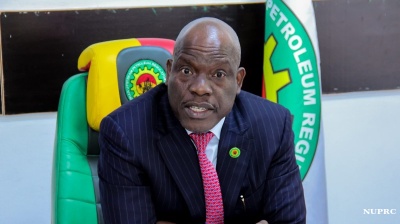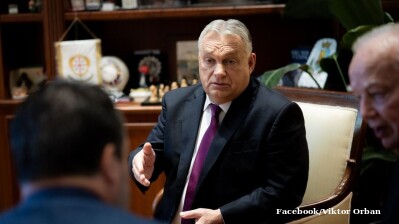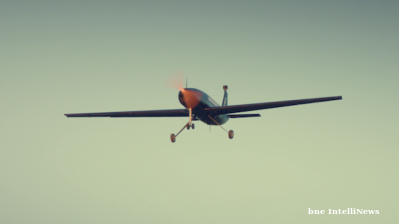Iran and Tajikistan signed 23 cooperation agreements during President Masoud Pezeshkian's first state visit to Dushanbe on January 16, marking an expansion of bilateral ties between the Persian-speaking nations.
The agreements, signed in the presence of Tajik President Emomali Rahmon and Pezeshkian, cover a broad range of sectors, including transport, technology, education, healthcare and trade and come as part of a deeper integration between the two countries after decades of hostility.
Key agreements include a programme for cargo transit development through Iran's Chabahar Port, cooperation in genetic engineering and biotechnology between multiple Tajik universities and Iranian institutes, and enhanced collaboration in digital technologies and telecommunications. The transport agreement is significant as it aims to integrate Tajikistan into Iran's maritime trade routes through the strategic Chabahar Port, potentially offering the landlocked Central Asian nation new access to international markets.
Other accords focus on anti-corruption efforts, customs training, scientific research, and cooperation between the countries' chambers of commerce for international exhibitions.
The health sector agreements include cooperation between blood transfusion organisations and medical universities, while cultural agreements cover collaboration in traditional crafts and Islamic studies.
"On behalf of the Islamic Republic of Iran, I declare we are ready to remove any possible barriers to facilitating trade and investment with Tajikistan," Pezeshkian said. "Iran has no limitations on expanding relations and cooperation in scientific, commercial, industrial, technological and agricultural fields."
Speaking at the Iran-Tajikistan Trade, Investment and Tourism Forum, Pezeshkian highlighted the nations' thousands of years of shared history and culture. "We are not newly created nations trying to construct a historical background. We have a long history of neighbourhood and coexistence," he said.
The Iranian president called for streamlining current regulations governing movement between the two countries, particularly in economic, trade, investment, scientific, technological, tourism and cultural activities.
"Countries with broader connections are stronger than those with closed borders," Pezeshkian said, noting that shared language is a major advantage that should be leveraged to strengthen cooperation. He proposed using the Joint Economic Commission as a platform for improving regulations and facilitating trade.
Both leaders signed a joint statement, while their foreign ministries established a new cooperation programme. The agreements also include plans for industrial development and new technologies for 2025-2027.
News

US strikes on drug vessels kill 14 in deadliest day of Trump's narcotics campaign
The US military killed 14 people in strikes on four vessels allegedly transporting narcotics in the eastern Pacific Ocean, marking the deadliest single day since President Donald Trump began his controversial campaign against drug trafficking.

Russia withdraws from Cold War plutonium disposal pact with US
Russian President Vladimir Putin has formally withdrawn from a key arms control agreement with the United States governing the disposal of weapons-grade plutonium, as the few remaining nuclear security accords between the two powers vanish.

Nigeria’s NUPRC holds exploratory talks with Bank of America on upstream financing
Nigeria's upstream regulator, NUPRC, has held exploratory talks with Bank of America as the country looks to attract new capital and revive crude output, after falling short of its OPEC+ quota.

European diplomacy should have stopped war, Orban tells Italian broadcaster
The job of European diplomacy would have been stopping the war in Ukraine, but Brussels has become "irrelevant" by deciding not to negotiate, Prime Minister Viktor Orban told an Italian TV channel on October 28.




